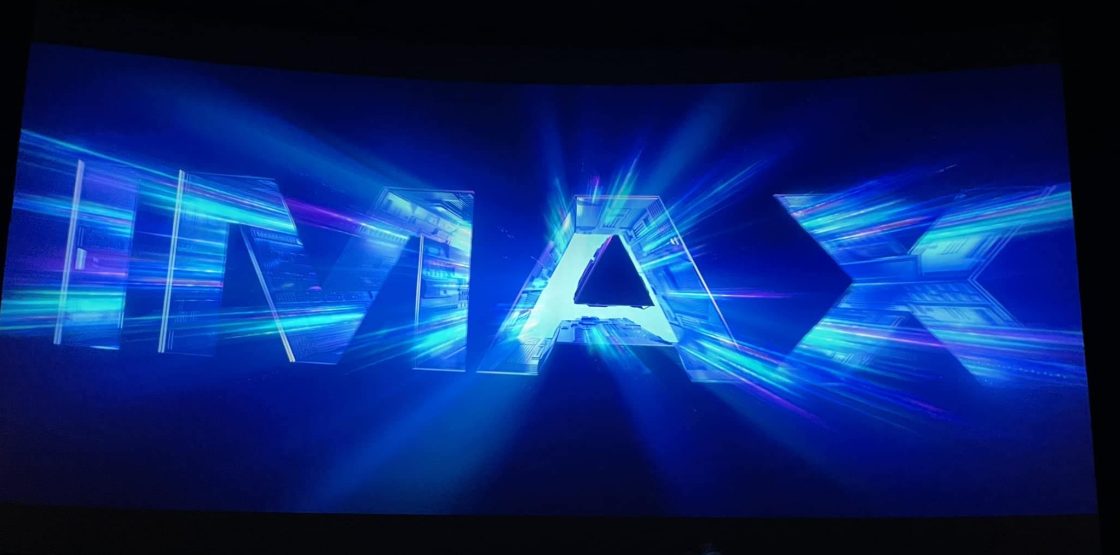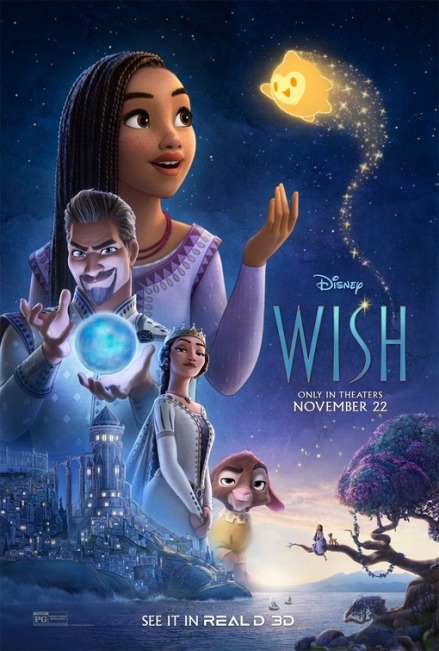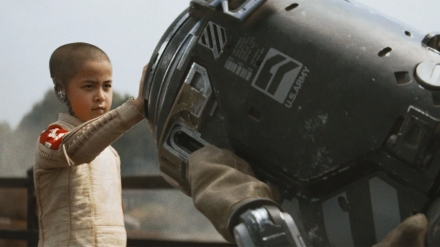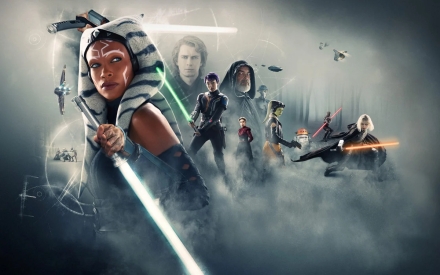Spoilers for Wonka (2023) and Willy Wonka and The Chocolate Factory (1971) will follow…
To paraphrase our beloved maestro of chocolate: So the franchises never stop, mostly box office flops, it’s getting cold this same old same old, our confidence has dropped. When we see something new it seems to drop straight through or look like something brown, we’ve found upon the bottom of our shoe.
Let’s be honest, if you dear reader are anything like me, you are beginning to tire of the deluge of production line franchise content that just doesn’t seem to have the care and craft that it used to. True, this past year there have been notable outliers such as Greta Gerwig’s Barbie and Chris McQuarrie’s Mission Impossible: Dead Reckoning Part 1, but such examples seem more the exception to the rule. Fear not though my friends, much like Wonka’s confidence boosting Giraffe Milk Macaron, here are five reasons why Paul King’s Willy Wonka Prequel is just the golden ticket to lift that gloom. So, settle on and read in! Sorry! Scratch that, reverse it!
1. Simplicity.
A good chocolate should be simple, scoffs Patterson Joseph’s Arthur Slugworth and wrong as he is in that scenario, Wonka’s triumph comes from its straightforward and self-contained story. Unlike Warner Bros’ Fantastic Beasts, which lost sight of the appeal of its first film’s eccentric explorer, in favour of heavy Harry Potter world-building, King and writer Simon Farnaby (Ghosts, Paddington) understand that a good prequel needs to be an entertaining standalone film that audiences can invest in, not simply a setup for better films. Wonka’s battle with the sinister Chocolate Cartel to break into the chocolate industry is a wonderful underdog story that would work with or without being a prequel to the Gene Wilder classic, the fact that it is only strengthens an already strong idea.
2. Heart
Wonka is at its core a story of a grieving young man’s desperate quest to see his late mother again. This adds a new dimension to the character, beyond simply being an ambitious dreamer trying to make a name for himself, his motivation for all of it is his devotion to his family. The 2005 Johnny Depp fronted Tim Burton reboot tried a slightly different gambit with Wonka’s success being in spite of his emotionally distant, dissaproving father but this Wonka’s poignant connection with his mother is far more interesting and brings far more dimension to what we know of Willy. The fact that Wonka’s origin arc ends with him reuniting Noodle (Calah Lane) with her long-lost mother adds a bittersweet note as Wonka can give Noodle much more than a lifetime supply of chocolate but true happiness, something he will never know. This backstory gives the film a palpable warmth and joy matched with darker moments that have impact among it all. Not only that but in prequel terms Wonka’s relationship with Noodle and his loving but impoverished childhood indirectly explains why the chocolatier would see a kindred spirit in young Charlie decades later and choose to pass on his factory to him. Willy sums this up best: “Somebody to hold on to its…all we really need nothing else to it.”
3. It’s a Musical and a good one at that!
In the tradition of the original, Wonka is pitched like a golden age Hollywood musical, jam packed with huge, colourful, and fun musical numbers performed by hundreds of extras, soundtracked by catchy songs by Neil Hannon. Musicals in Hollywood are something of a rarity, especially considering reports that studios are actively hiding the fact that films contain musical elements due to fears of lower box office returns, so it is truly glorious to see one so ambitious. The soundtrack too is so diverse, with some numbers feeling straight off a Broadway stage like “You’ve Never Had Chocolate Like This”, some recalling more modern musicals like The Greatest Showman (2018) such as the wistful “For A Moment” and even songs that feel like they could have been written and fit seamlessly into a classic. Take the sequence where Wonka unveils his first ever Chocolate Shop to the public, not only is it visually gorgeous, but magical and wondrous yet feels completely tangible in the same way that the chocolate room reveal in the 71 film is. For a modern musical to capture even a slither of that timeless charm is quite the achievement.
4. Worldbuilding
King and Farnaby craft a wondrous fictional playground for their Wonka, taking inspiration from both Roald Dahl’s books and the postwar setting in which the movie takes place. There is a rich, fantastical feel to everything onscreen but also everything from the production design to Colleen Atwood’s gorgeous costuming to the VFX feels real and lived in. The Oxford and Bath based shooting locations seamlessly merge with the gargantuan sets together into this quasi-European city. The grand and opulent glass ceilinged mecha of the Gallery Gourmet feels inspired by London’s Burlington Arcade and the vast Zoo that Noodle and Wonka explore in the first half feels like an amalgamation of Central Park and London City’s Zoos. The level of detail and craft on display here can only be compared in recent memory to WB and Heyday’s Harry Potter Saga.
5. Villains!
Wonka also sports a devilish trio of villains. Arthur Slugworth (the real one not Mr Wilkins in disguise), Felix Ficklegruber and Cecil Prodnose are the villainous chocolate cartel, the greedy gatekeepers to the chocolate making world. With their colourful monogrammed suits, wicked smiles, and bespoke bribery song these malicious miscreants feel like they walked straight off the pages of one of Dahl’s books, making them the perfect antagonists for a children’s film. Plus, Patterson Joseph, Mathew Baynton and Matt Lucas add just enough menace mixed in with expert comedic timing to make them extremely comical yet competent and effectively ruthless foils. King also brings in Oscar darling Olivia Colman and comedian Tom Davis as Mr and Mrs Scrubbit, a deliciously loathsome pair somewhere between Les Misérables’ Thenardiers and Dahl’s Twits.
Now if all the above is not enough to convince you to see this joyful, heartfelt musical ode to dreamers, found family and chocolate beyond your wildest dreams let me leave you with this. I went into this film deeply sceptical; the marketing campaign did not convince me, and I expected another cash grab rehash, nostalgia dressed up with spectacle and no substance. Within the first frames of the brilliant Timothee Chalamet singing softly as his ship floats through a foggy winter morning toward his destination, my worries melted away like thawing ice on the harbour and I left with a huge grin on my face, tears in my eyes and a song in my heart. Pure Imagination. What more could anyone ask?




